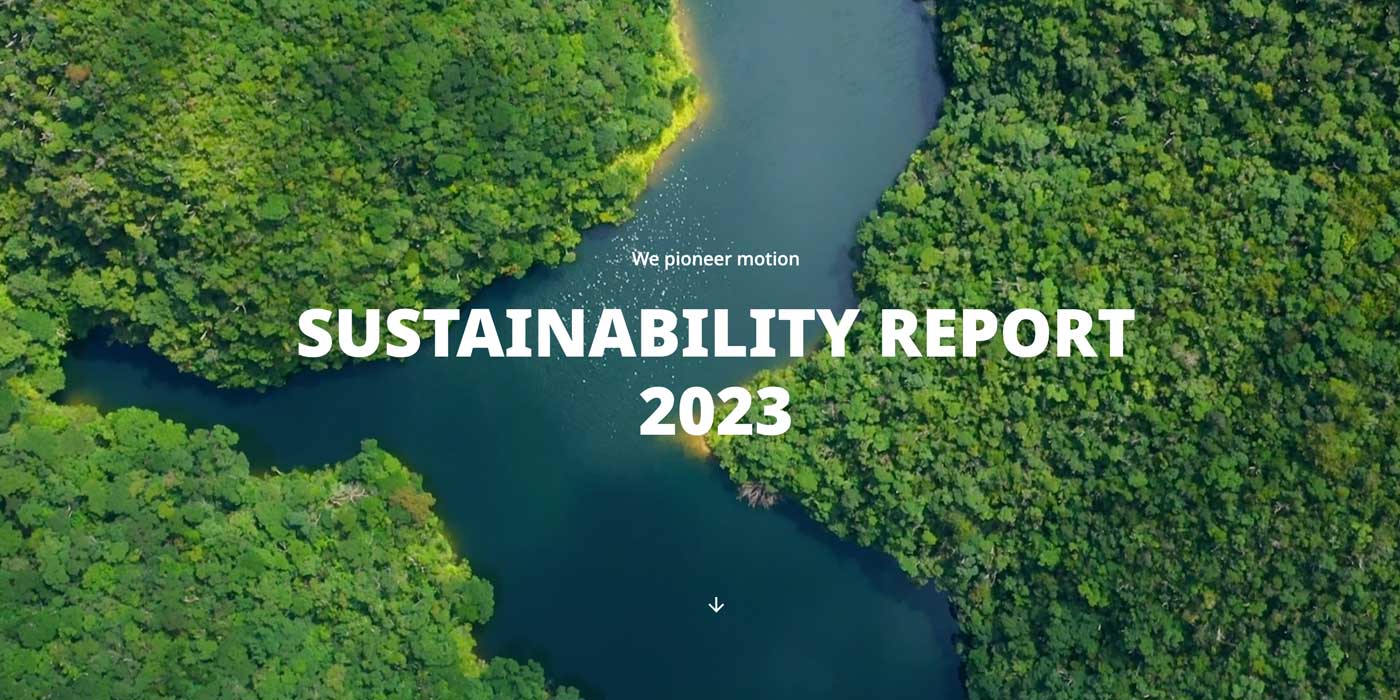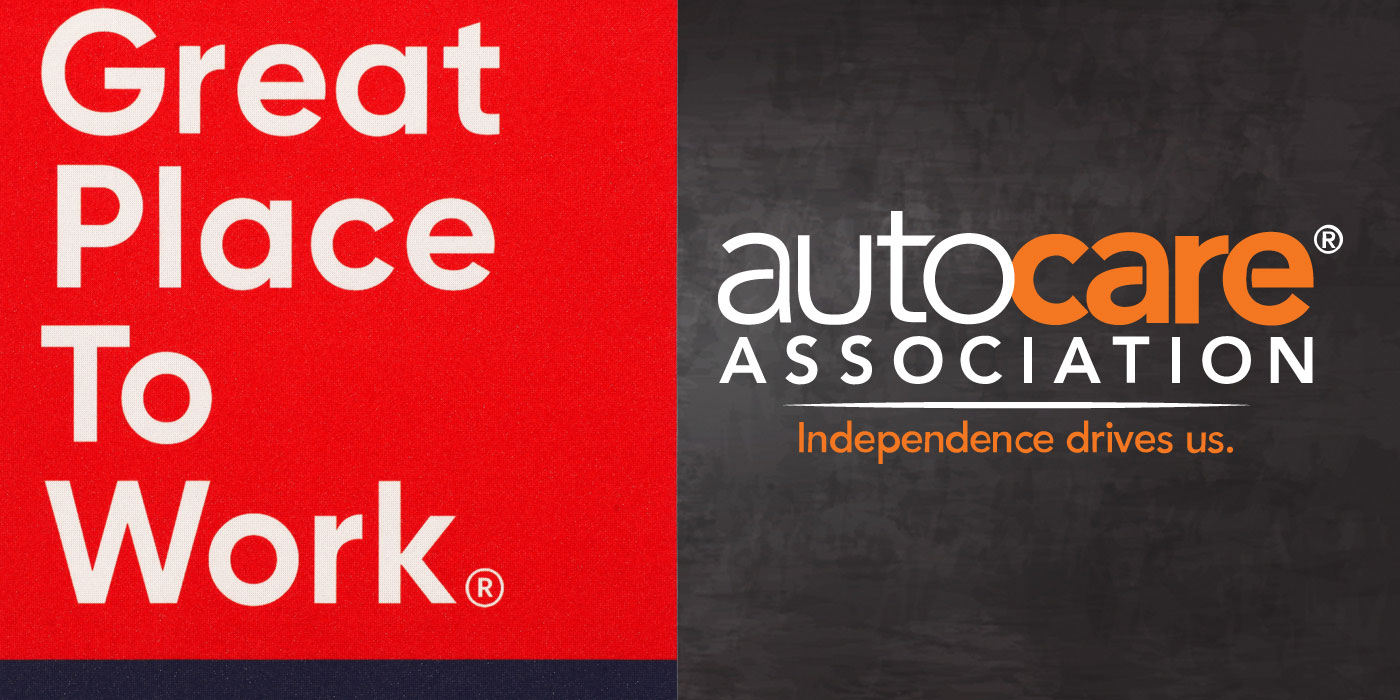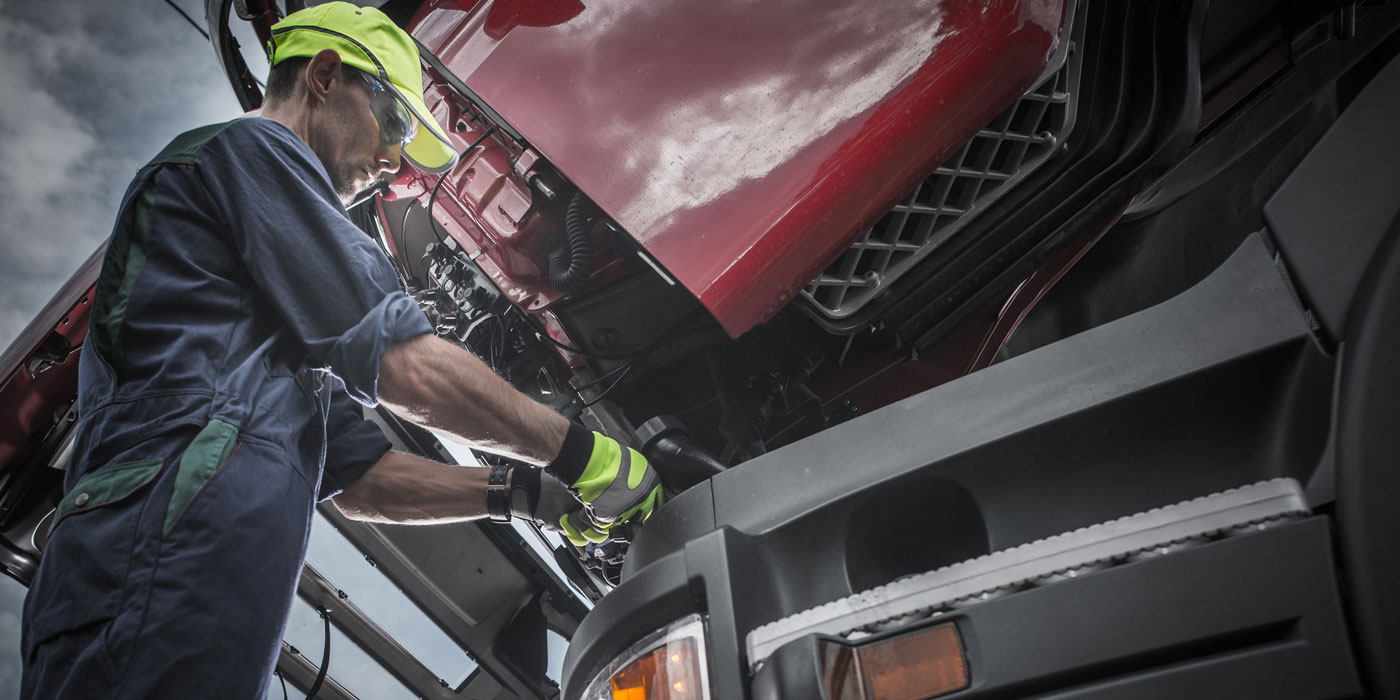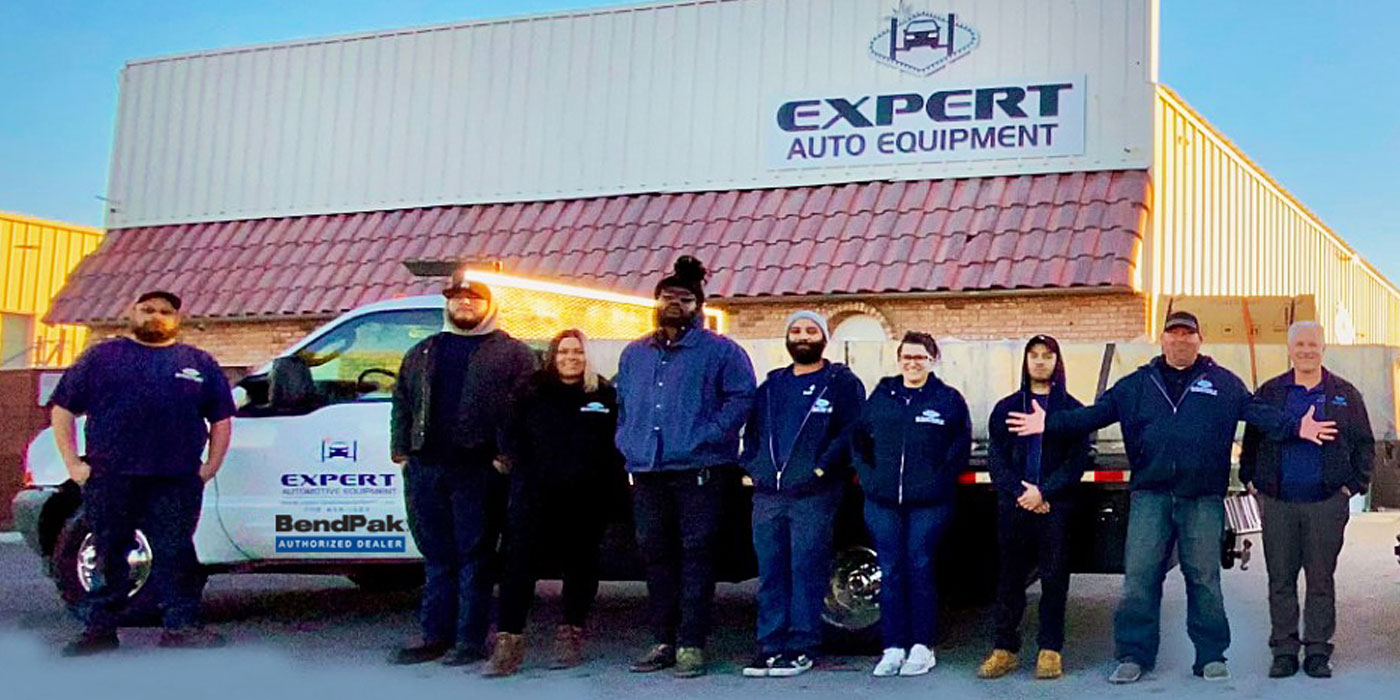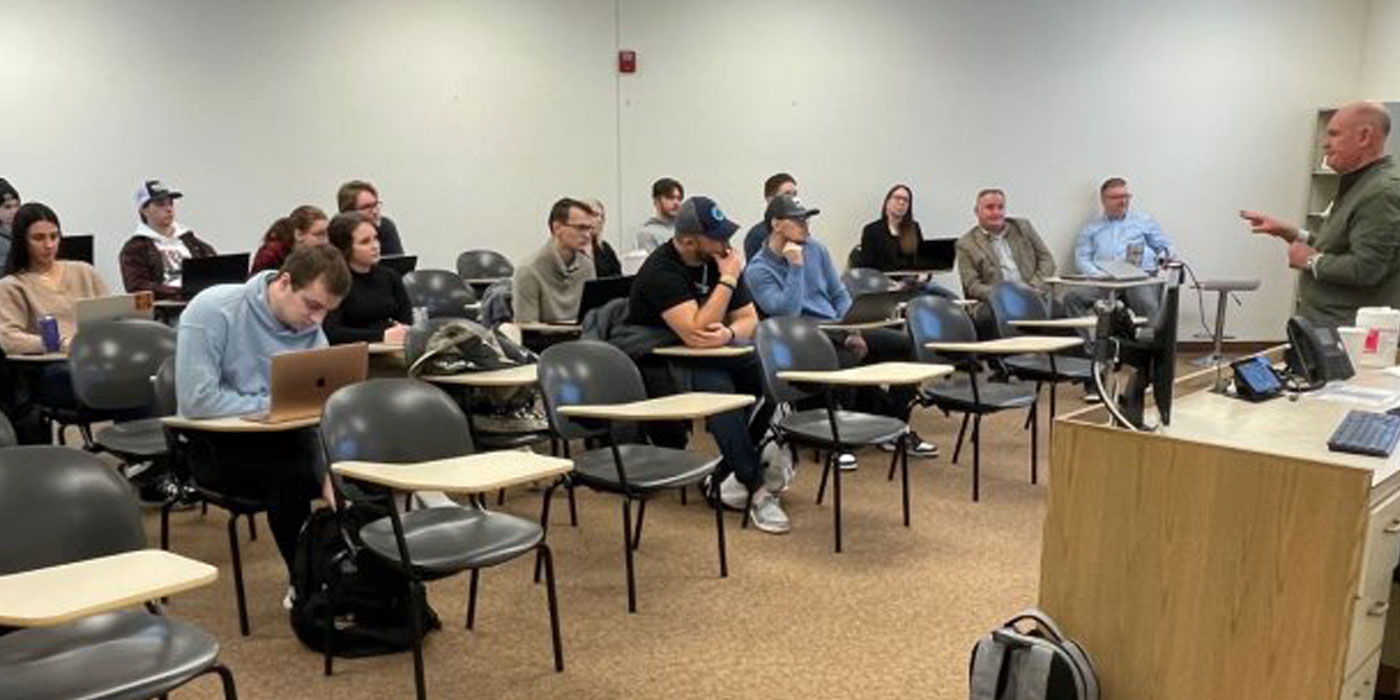As if trying to succeed in this industry weren’t challenging enough, the past few months have made it even more difficult, as gas prices have risen to more than $3 per gallon in some parts of the nation. Last month, the national average for a gallon of gas was around $2.72, more than double what it was just one year ago.
Despite increased fuel costs, research from the NPD Group shows that consumer gasoline consumption is up nearly 18 percent compared to this same time last year. And if that weren’t surprising enough, recent sales promotions by the “Big 3” carmakers have caused a recent spike in the sale of bigger (i.e. gas guzzling) vehicles, such as trucks and SUVs.
“As a result of our increased usage and rising prices, U.S. consumers will spend about $43 billion more in 2005 on gasoline than in 2004,” said NPD Group’s David Portalain.
Economic factors such as increased disposable income are helping to balance out the bottom line for consumers, Portalain explained. NPD’s research shows that car owners will likely eliminate non-necessity automotive accessories in order to keep their gas tanks full. Certain ‘non-essential’ product categories will likely be impacted, but drivers will continue to need functional items (such as batteries) and thus, parts deliveries should continue at a consistent level.
THE EFFECT ON DISTRIBUTION
While consumers are able to find ways to avoid changing their driving habits, it’s an entirely different story for an industry in which deliveries are a major component of daily business life. So, what do you do if your business relies on a vehicle (or a fleet of vehicles) to transport parts to jobbers and installers?
Your first instinct may be to throw your hands up in defeat, knowing how hard it is to raise prices in this industry. However, not all WDs and parts stores are giving up so quickly.
Take for example, United Auto Supply in LaCrosse, WI. This 14-store Federated member has used this situation as an opportunity to re-evaluate its business operations. The company developed an initiative it has dubbed “Smart Service,” which focuses on ways to eliminate wasted trips. With a fleet of 42 vehicles that offer rapid-response delivery, the impact of increased fuel costs has certainly become a challenge for United Auto Supply in recent months.
According to Dick Beirne, president of United Auto Supply, the “Smart Service” program is designed to spotlight those things that trigger a delivery run so the company can take actions to prevent redundant trips due to ordering errors or other controllable events.
“If we make an error at the counter or in pulling an order, a single delivery trip can turn into two. By focusing on this issue, we have a goal to eliminate those trips that are made to fix a mistake,” said Beirne. “‘Smart Service’ also calls for more intelligent and thoughtful dispatching, so that we can combine more stops into a single run without slowing our response time.”
So, while the rising cost of fuel is not necessarily a fun situation, there are some benefits. With United’s clever response to the situation, the benefits for them are two-fold: United is left with a more efficient process and the customer, spared of a price increase, remains satisfied with the service it receives.
SINGLE PAYER MANAGEMENT & SLIDING DELIVERY FEES
The company also came up with a second solution to address the issue of rising fuel costs – moving to a single-payer management program. This allows the company to have more control over fuel purchases as well as a way to benchmark and rate the fuel economy and performance of its vehicles and drivers.
While it may have a similar name, United Automotive Supply based in Warren, MI, has taken a different route from United Auto’s “Smart Service” program. United Automotive decided in September to begin instituting sliding-scale delivery fees to its customers across the board. According to Steve Siegel, VP of sales and marketing for United Automotive, the company’s fuel bill went up nearly $5,000 in September.
Farther down the distribution channel, those cost increases can be even more difficult to pass on. As a large, three-stepper in a major metropolitan area, the company services a number of jobbers that have 10, 20 and 30 trucks. Siegel said many of his customers are not having success in trying to raise prices to reflect the higher cost of doing business today.
“We’re in a very competitive metropolitan area and many of our customers have also seen their gas bills skyrocket,” he explained. “A few of our jobbers have tried to institute an invoice-type delivery charge and they got very strong resistance from some of their installers. Our business is unfortunate in that we have to play to the lowest common denominator, not the highest. The dumbest customer sets the price. He may go out of business in two years, but he sets a low price.”
ABSORBING THE COSTS
At the other end of the spectrum, single-store IAPA/ADN member, Pacific Automotive Co., feels it has no choice but to simply absorb the costs associated with rising fuel prices.
“We deliver to various installers throughout the city, and when they need it, they need it,” said David LaRico, purchasing agent for Pacific.
“In this industry, the prices are pretty close regardless of whether you buy it from me or a competitor. A six-pack of Pepsi is about the same whether you buy it from one supermarket or another. And, when somebody is buying, you have to have the price pretty close to what everybody else is charging. So delivery is not part of the equation if you are our customer.”
Pacific made the conscious decision not to pass price increases along to its customers. However, LaRico said a price hike was under consideration. As he pointed out, in his region, a price increase would likely lead his customer to go to the competitor across the street.
“Some of our vendors are charging fees, but we can’t do that based on the market,” said LaRico. “The customer would say, ‘That’s fine, I understand. But now, I’m going to go buy from the guy across the street. A Champion spark plug is a Champion spark plug is a Champion spark plug. Why do I want to buy it from you and not from somebody else if you make it uncompetitive for me?'”
THE BENEFIT OF HIGHER VOLUME
Really, what it boils down to is the unfortunate reality that larger WDs that do a high volume of business may be able to more easily pass along cost increases to the customer, while smaller facilities in tighter markets feel inclined to absorb the cost in order to stay competitive.
With this in mind, why didn’t United Auto Supply in Wisconsin simply start charging a delivery fee like United Automotive does?
“While we are seeing fuel cost surcharges and price increases from our suppliers, we don’t believe that our customers are yet willing to accept the same from us,” explained Beirne. “Due to competitive market conditions, we have not found it easy to pass this expense along in the form of higher prices, but rather have had to absorb the additional expense.”
Beirne added that should higher fuel prices continue long term, the company might have to address this issue with a more permanent solution.
This industry has long suffered from pricing challenges. Due to such constraints as consumer expectations, it has been nearly impossible to charge consumers any more than we already do for parts and service. And now, increased fuel costs have created a double-whammy of sorts.
As painful as it may seem, we are probably only prolonging the misery by not biting the bullet and doing what’s best for our businesses and the industry as a whole.
Perhaps Siegel said it best: “A good independent businessman knows that if his costs have gone up, then he has to deal with it accordingly.”
With no sign of relief from rising fuel costs on the horizon, it looks as though the entire industry should begin looking for creative cost solutions to what may become a permanent reality. However, if you look at it right, this issue could present the industry with an opportunity to become more proactive rather than reactive.
|
FUEL SAVING TIPS
Gasoline and diesel fuel costs are rising with no end in sight. To get the most mileage possible from every expensive gallon, here are some tips from CSK: Tire Inflation In Tune Stay Balanced Fresh Filters Oxygen Sensors Lock it Up |



